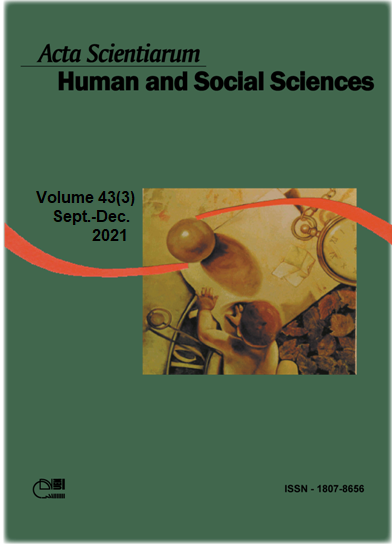Episodic remembering and affective metacognition
Resumo
The aim of this article is to clarify, in the light of philosophical and psychological research on affective metacognition, the nature of the episodic feeling, which determines what it is like to remember or relive in one’s mind an episode from one’s own past. The hypothesis defended is that the episodic feeling is a metacognitive experience, which rests on mechanisms that monitor the source of the relevant information. Although there is presently no direct psychological evidence for the existence of the episodic feeling, studies on a specific kind of feelings of knowing, which are especially tied to episodic memory, can help cast light on the nature of the episodic feeling. Overall, the hypothesis that the episodic feeling is a metacognitive experience squares well with a general theory of metacognition. It leads to a two-tiered account of episodic remembering. On this account, the phenomenology characteristic of episodic remembering is extrinsic to the memory state itself. When we have a memory, it feels episodic only if it is properly monitored at the metacognitive level. However, an episodic memory can be attributed to a subject in the absence of an episodic feeling. The memory itself can be a mere unconscious mental condition, as in some cases of tip-of-the-tongue experiences, or its content can be transparent to the subject via a conscious imagining.
Downloads
DECLARAÇÃO DE ORIGINALIDADE E DIREITOS AUTORAIS
Declaro que o presente artigo é original, não tendo sido submetido à publicação em qualquer outro periódico nacional ou internacional, quer seja em parte ou em sua totalidade.
Os direitos autorais pertencem exclusivamente aos autores. Os direitos de licenciamento utilizados pelo periódico é a licença Creative Commons Attribution 4.0 (CC BY 4.0): são permitidos o acompartilhamento (cópia e distribuição do material em qualqer meio ou formato) e adaptação (remix, transformação e criação de material a partir do conteúdo assim licenciado para quaisquer fins, inclusive comerciais.
Recomenda-se a leitura desse link para maiores informações sobre o tema: fornecimento de créditos e referências de forma correta, entre outros detalhes cruciais para uso adequado do material licenciado.


























